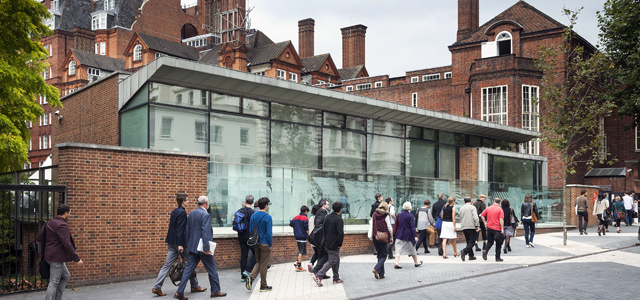
January 20, 2017, by Jake Hodder
Call for papers: Anti-colonialism and the Spaces of Political Negotiation
Anti-Colonialism and the Spaces of Political Negotiation
Dr. Jake Hodder and Prof. Stephen Legg, University of Nottingham
Two sessions at the RGS-IBG Annual Conference (29 August – 1 September 2017): Chair’s theme “Decolonising geographical knowledges: opening geography out to the world”
Co-sponsored by the Historical Geography Research Group and Political Geography Research Group
One form of decolonising geographical thought entails the rooting out of lost histories to highlight the actions and politics of subjugated peoples, places and forms of knowledge. In general this involves seeking out acts of “resistance”, refusal and autonomy. In the context of Empire, this work has usually entailed studying the people and spaces of radical anti-colonialism: mass protest movements on the streets; the transitory lives of exiled revolutionaries; or the construction of alternative and utopian communities. These forms of anti-colonial politics were, however, only one part of a broader collection of people, places and politics through which anti-colonialism operated. The romance and audacity of radical anti-colonialism was as attractive at the time as it is to many now. Equally important but less studied, however, was the anti-colonial activism of ‘moderates’; from pressure groups and civil servants to political negotiators and diplomats. That these groups were disregarded as moderates both then and now, belies the way in which many individuals alternated between moderate and radical, official and unofficial, capitalising on opportunities to articulate and realise their anti-colonial ambitions. These workers thrashed out reforms with colonial officials and diplomats, brought together members to debate and campaign, consulted international experts, and created agonistic spaces for deeply anti-colonial yet moderate politics. In this panel we seek to widen the lens of anti-colonialism within geography, to explore its full array of political lives and spaces of resistance. This involves a closer examination of the varied formal and informal spaces through which anti-colonial politics was negotiated, whether the Club, the home, the Palace, the office, the hotel, the bar, the restaurant or the conference, framed through these questions:
- How did the material stetting of diplomatic and constitutional negotiations effect the content of those negotiations?
- How stage managed were these settings and how did certain performances result?
- What can we know about the political atmospheres of these meetings?
- How significant was travel to these meetings? How were people made mobile?
- Through which events did ‘radical’ and ‘moderate’ nationalists meet?
- How did these historical geographies work to create anti-colonial worlds, or perform post-colonial futures?
Please send abstracts of under 250 words to Jake.Hodder@nottingham.ac.uk and Stephen.Legg@nottingham.ac.uk by 9th February.
No comments yet, fill out a comment to be the first

Leave a Reply